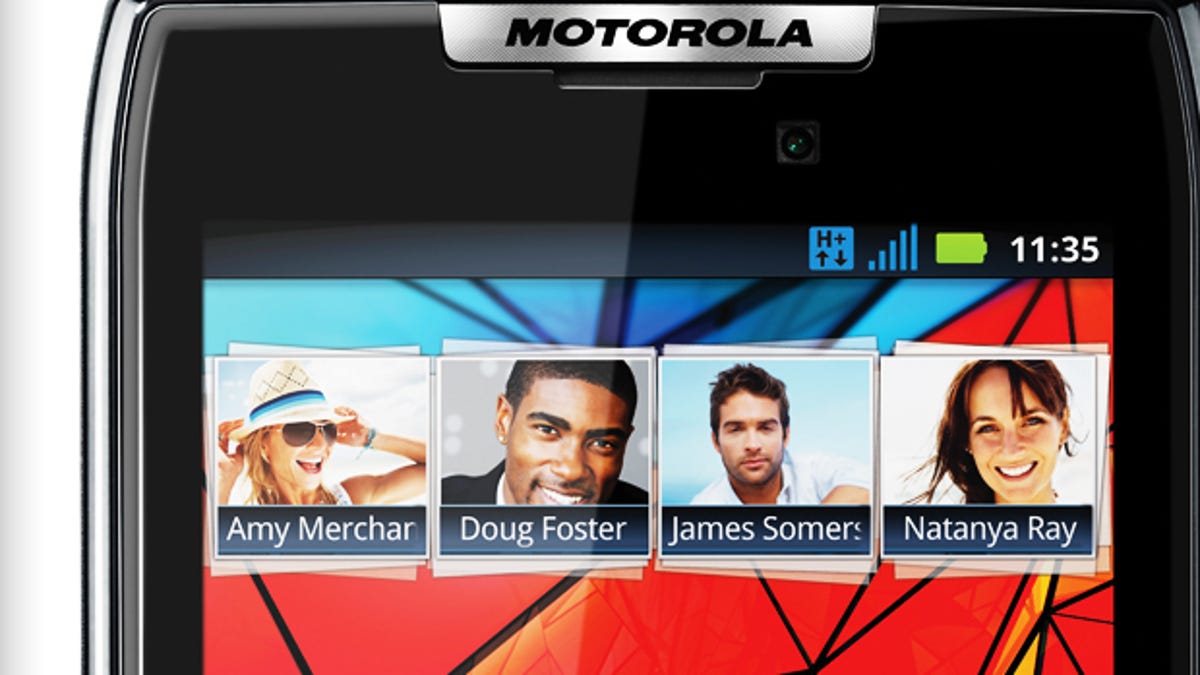Motorola posts third-quarter loss ahead of Google takeover
The company shipped 4.8 million smartphones and only 100,000 Xoom tablets as it scrambles for market share ahead of its acquisition by Google. But it beat Wall Street earnings estimates.

The manufacturer of handsets and television set-top boxes posted a third-quarter loss of $32 million, or 11 cents a share. A year ago, when Motorola Mobility was combined with Motorola Solutions, the equivalent business posted a loss of $34 million. Revenue, meanwhile, rose 10.6 percent to $3.26 billion.
Excluding non-business items such as stock compensation, costs related to its merger, and the write-off of old assets, the company earned 12 cents a share.
Wall Street analysts had an average forecast of 6 cents a share in earnings and $3.37 billion in revenue, according to Thomson Reuters.
Motorola is attempting to shore up its position in the smartphone business as much as possible before Google scoops it up. The Internet giant agreed in August to buy Motorola for $12.5 billion to get access to its library of patents, although the phone business will continue to run within Google. The company expects the deal to close by the end of the year or early 2012.
Motorola was among the early heavy hitters in Android after introducing the first Droid smartphone with Verizon Wireless. Its success at Verizon allowed it to expand its presence at AT&T and Sprint Nextel with subsequent high-end phones. But over the past few months, the company has stumbled with product delays and a muted reaction to its high-profile Xoom tablet, allowing rivals Samsung and HTC to strengthen their own smartphone positions at its expense.
The company shipped 11.6 million mobile devices and 4.8 million smartphones. Its mobile devices unit narrowed its operating loss slightly to $41 million amid a 20 percent increase in revenue to $2.4 billion.
Motorola also shipped 100,000 Xoom tablets. The tablet business has been a tough one for all of the handset makers to crack, with the exception of Apple and its dominant iPad.
The company only recently began selling the long-delayed Droid Bionic, a dual-core super smartphone able to tap into Verizon's faster 4G LTE network. But that has been overshadowed by the more recent unveiling of the Droid Razr, which offers similar capabilities, but with a thinner design.
The set-top box business, meanwhile, continues to generate the lion's share of profits for Motorola. It reported a slight increase in operating profit to $54 million, although revenue fell 10 percent to $825 million from a year ago. The company saw a 3 percent decline in set-top box shipments from a year ago.

